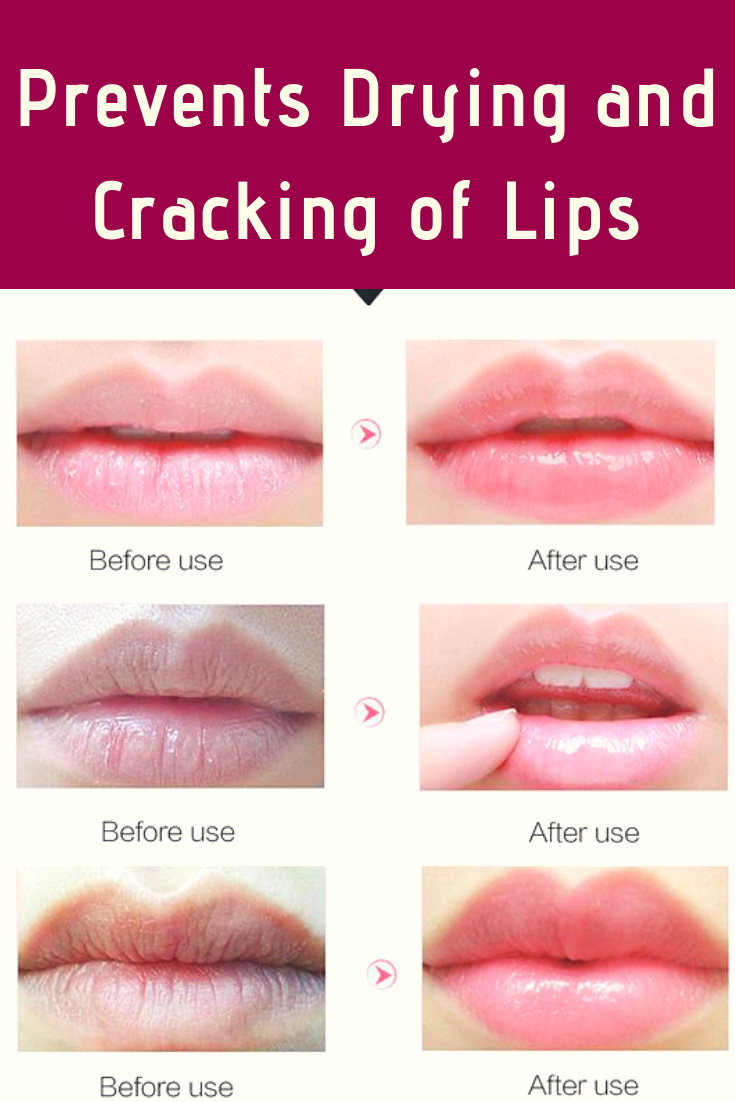
Lip balm or lip salve is a wax-like substance applied topically to the lips to moisturize and relieve chapped or dry lips, angular cheilitis, stomatitis, or cold sores. Lip balm often contains beeswax or carnauba wax, camphor, cetyl alcohol, lanolin, paraffin, and petrolatum, among other ingredients. Some varieties contain dyes, flavor, fragrance, phenol, salicylic acid, and sunscreen. The primary purpose of lip balm is to provide an occlusive layer on the lip surface to seal moisture in lips and protect them from external exposure. Dry air, cold temperatures, and wind all have a drying effect on skin by drawing moisture away from the body. Lips are particularly vulnerable because the skin is so thin, and thus they are often the first to present signs of dryness. Occlusive materials like waxes and petroleum jelly prevent moisture loss and maintain lip comfort while flavorings, colorants, sunscreens, and various medicaments can provide additional, specific benefits.
Lip balm can be applied where a finger is used to apply it to the lips, or in a lipstick-style tube from which it can be applied directly. Lip balm was first marketed in the 1880s by Charles Browne Fleet. However, its origins may be traced to earwax. More than 40 years before the commercial introduction of lip balm by Fleet, Lydia Maria Child recommended earwax as a treatment for cracked lips in her highly-popular book, The American Frugal Housewife. Lydia Child claimed, "Those who are troubled with cracked lips have found this earwax remedy successful when others have failed. It is one of those sorts of cures, which are very likely to be laughed at, but I know of its having produced very beneficial results."
However, some physicians have suggested that certain types of lip balm can be addictive or contain ingredients that cause drying. As such, how can you get rid of chapped lips while also staying away from harmful chemical lip balms? The answer is simple. Follow your favorite K-Drama stars and use coconut oil!

Coconut oil is anti-microbial and highly moisturizing. It retains moisture and prevents cracking of lips. The high amount of vitamins, analgesic, and anti-inflammatory properties in coconut oil also reduces swelling and pain in lips from being chapped while also keeping infection at bay. Coconut oil can also be mixed with honey to make an overnight lip mask, giving your lips a soft, plump appearance by facilitating the regeneration of cells. Just dab a little bit of coconut oil in place of lip balm on your lips until the oil sets. For a more chapstick like appearance, you can add a little bit of beeswax or shea butter for a mattifying feel.
However, one must take care that the coconut oil you're using on your lips, or anywhere for that matter, i.e., in your diet, skincare routine, or your hair is 100% extra virgin coconut oil to avoid chemicals from refined coconut oil. The best way to go is always natural, and Mother Nature herself has blessed us with the all-purpose magical ingredient, the coconut.










